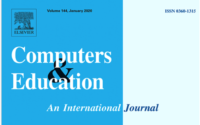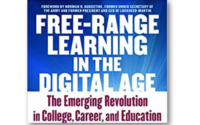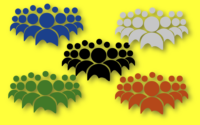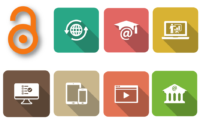
What Happens to Teachers When Online Students Miss A Class?
Online tutoring—where instructors reach students via the internet, often using videoconferencing—has continued to grow in popularity. Some have begun to investigate how learners fare in this environment compared to traditional face-to-face classrooms. But fewer have looked into how teachers use and adapt to this environment. A recent academic article, however, looks into certain effects of […]
















